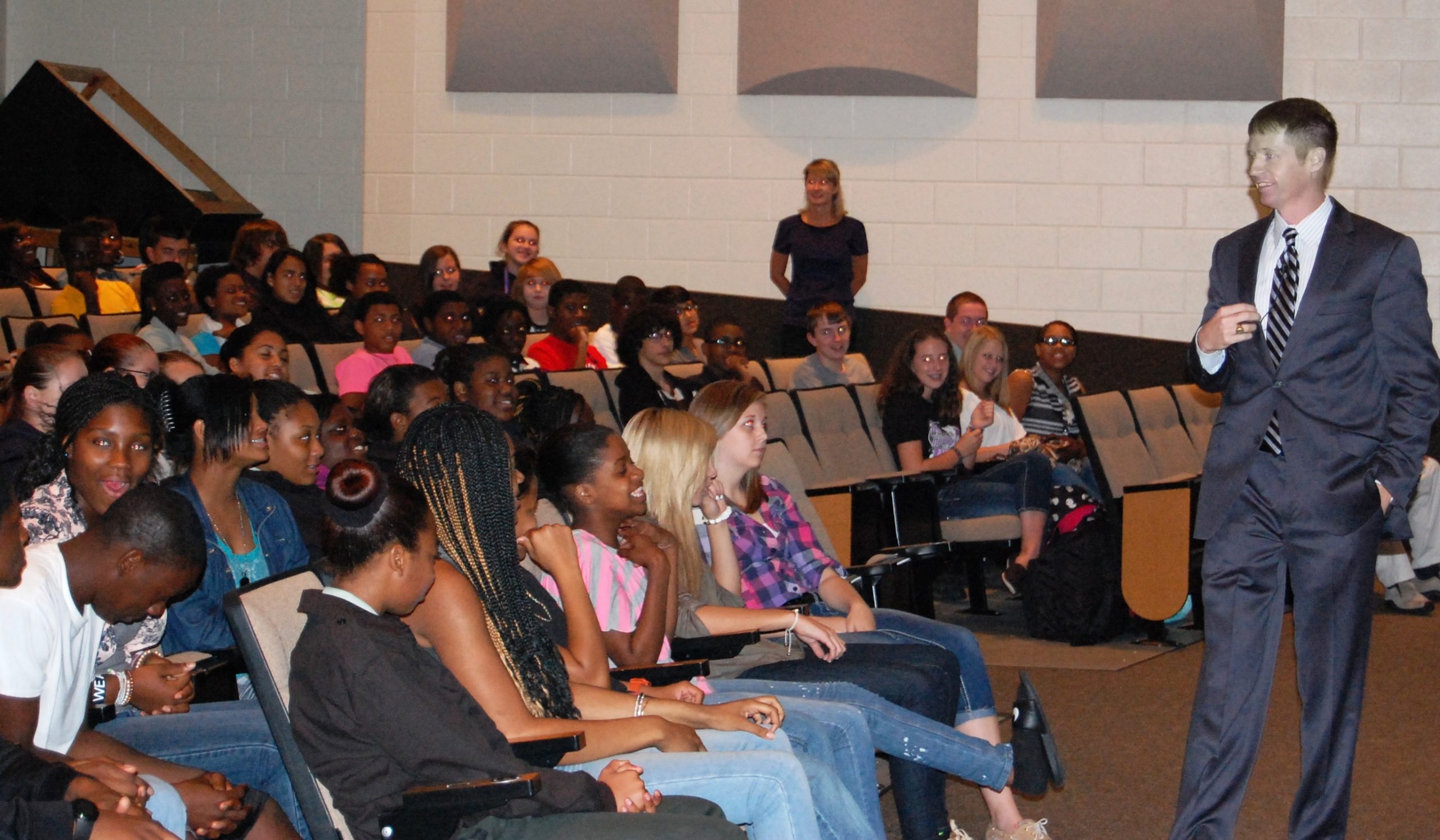I have a friend named Leslie who wanted to be a dentist ever since she was a kid. After graduation from high school, she entered college and earned a Bachelor degree in biology. Immediately upon receiving her first degree, Leslie enrolled in graduate school where she earned a Master of Science in biology. Prior to going to medical school and taking the final step toward fulfilling her lifetime dream of becoming a dentist, she decided to job shadow a few dentists. She felt this would not only give her a sense of what she would be doing day to day in her profession, but it would also give her an opportunity to network and possibly establish some contacts in the field. She found a dental practice which allowed her to come in and observe procedures being performed on patients.
Leslie arrived at the dentist office ecstatic about the opportunity to be on the opposite end of the dentist chair for a change. The first patient who came in that morning was a little old lady having all her teeth pulled for denture fitting. When my friend saw the lady’s teeth being extracted from the gums, she began to get dizzy. Moments later, she fell flat on her back having fainted from this horrific sight. When she woke up, guess what she decided not to be??? You guessed it…a dentist! After spending six years studying biology and $100,000 in tuition, room and board, books, fees, and other expenses, she decided not to become a dentist.
Now, the rest of the $tory…
Before you begin to feel sorry for Leslie, you might want to hear what happened next. Her six years of studying biology were not all in vain. It turned out that a pharmaceutical company was looking for a marketing representative with a background in biology. Since fainting in the dentist office, she had been working as a sales representative in a completely different industry. Upon learning a background in biology and some sales experience would give her an advantage over other applicants, she sent in her resume for a pharmaceutical sales representative position. A few interviews and personal references later, she got the JOB!
On her first day on the job, the pharmaceutical company drove her to the Volvo dealership and purchased a new Volvo for her. She uses the car to drive around visiting doctors’ offices, educating physicians on the pharmaceuticals her company manufactures. Due to her efforts, she receives four bonuses per year averaging $40,000 each! $40,000 is more than most people make in a year. Leslie makes $40,000 x 4 in bonuses, and this doesn’t include her salary, the Volvo, gasoline and expense accounts. The company also flies her and a friend to Hawaii every year to celebrate her success.
Do you ever wonder how you get a job like this? What do you think is needed in order to land this type of career?
The first thing that comes to mind for most students is education, but is education all that is required to ensure jobs? We have nearly 16 million students in college right now in America. Will there be enough positions to employ these students as they graduate? According to an article at cnn.money.com, 85% of current college graduates are moving back in with their parents after graduation, labeling them the BOOMERANG GENERATION! You know what a boomerang does when you throw it? It comes right back. This is what is happening to many graduates after college. In order to land a sweet job like Leslie, it takes more than education…
…It takes skills to compete in the 21st Century!
The great news: We all possess a set of skills that can be marketed to potential employers and clients. It’s a matter of uncovering these skills, bringing them to the surface, then cultivating and developing them. While there are a host of different skills that people possess, there are seven in particular that are extremely valuable and vital to your success. Many people refer to them as soft skills or behavioral competencies. Developed, they can lead to substantial career, financial and personal success.